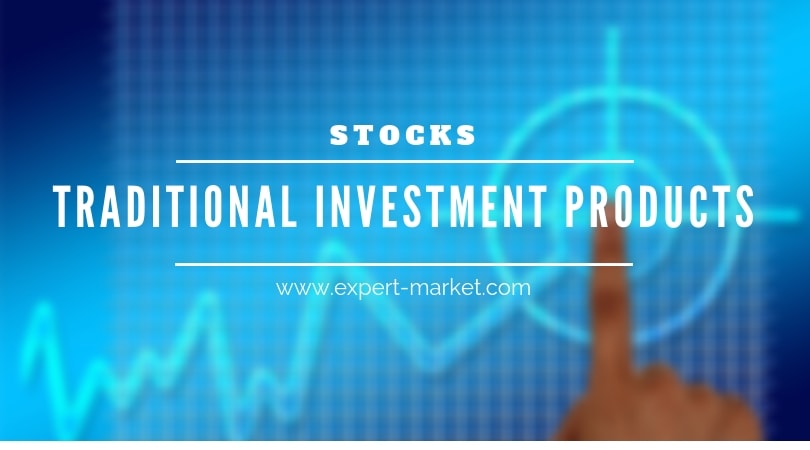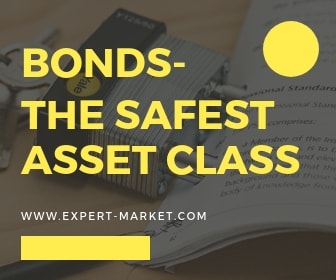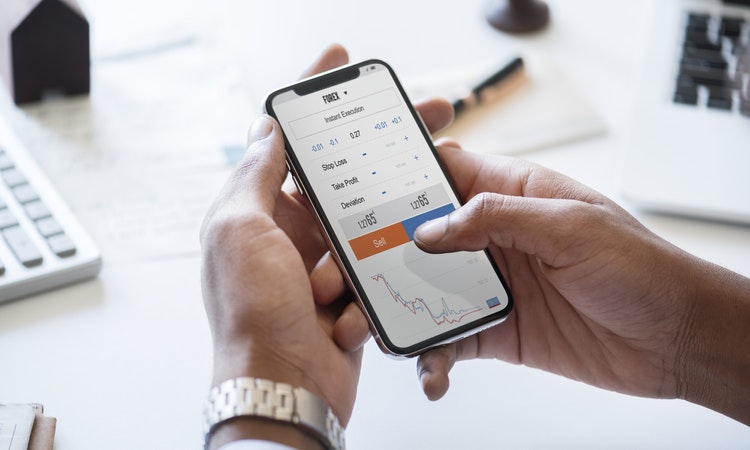The global investment space is huge, with McKinsey estimating that value of the world’s capital markets at $118 trillion and counting. This is a truly staggering sum, and one that increases incrementally as the range of financial products and derivatives continues to diversify.
Despite the wealth of products and trading vehicles available to investors, we often consider the global financial market as a single entity. This can make it difficult for newcomers to understand individual asset classes and build effective portfolios, which is crucial if you’re to achieve your underlying your financial objectives.
In this article, we’ll offer a brief insight into the world’s most popular investment products, while asking whether or not they’re suitable for you.
Forex Trading
We start with the biggest and most active financial market in the world, with an estimated $5.3 trillion dollars traded every single day in the forex market.
This is a market in which both institutional and individual investors look to exchange and speculate on a host of currency pairings. It’s open 24 hours each day and for five days a week, while currency is traded across three distinct session in North America, Europe and the Asia-Pacific regions.
Currencies are traded as derivative products, meaning that investors do not assume ownership of the underlying financial asset. As a result, they can profit even as the value of a currency decreases by hedging against its performance, while margin trading enables them to recoup (or lose) more than their initial investment.
Around 90% of the market’s activity is dominated by day traders, who look to leverage the natural volatility in the market by opening short-term investment positions. This requires a degree of knowledge and insight, however, while it’s typically a vehicle for investors with a keen appetite for risk.
Contracts for Difference (CFDs)
Next we come to contracts for difference (CFDs), which also offers investors the opportunity to profit from price movements without assuming ownership of an underlying asset.
The difference here is that it can be applied across a host of different markets, while it’s a relatively simple security calculated by the asset’s movement between entry and exit.
CFD trading essentially serves as a contract between a client and a broker, and it offers a number of major advantages to investors. These include leveraged access on both short and long positions, while there’s also no stamp duty to pay on any future gains.
This trading vehicle is undoubtedly one of the most flexible in the world, while it offers considerable value to investors with a diverse portfolio.
Stocks and Shares

Stocks are perhaps the most traditional of investment products, as they afford traders a stake in a company and its future profits.
This asset is often referred to as an equity or a share, while it’s generally considered to be an ideal investment vehicle for people with a slight aversion to risk.
Interestingly, modern investment vehicles such as CFD trading and spread betting can also be applied to stocks, enabling you to speculate on the performance of one or a basket of shares in the marketplace.
This has helped to make stock trading more flexible, as you can invest with or without assuming ownership of the underlying asset.
 Bond Trading
Bond Trading
We close with bonds, which are among the safest asset class and represent the ideal option for risk-averse investors.
A bond is essentially a fixed income investment, through which money is lent to a corporate or government entity for a defined period of time.
Bonds are typically used by these entities to raise money for a variety of products, while they tend to deliver modest but steady returns over a sustained period of time.
Bonds are also among the most straight-forward and concise assets in the financial market, with the issuance price typically set at par and between £100 or £1,000.
This simplicity is central to the appeal of bond trading, as is its penchant to deliver reliable returns.



























